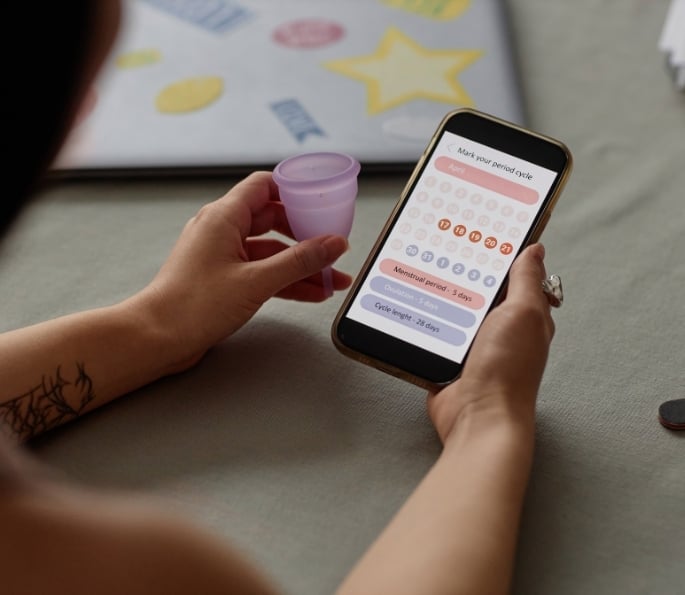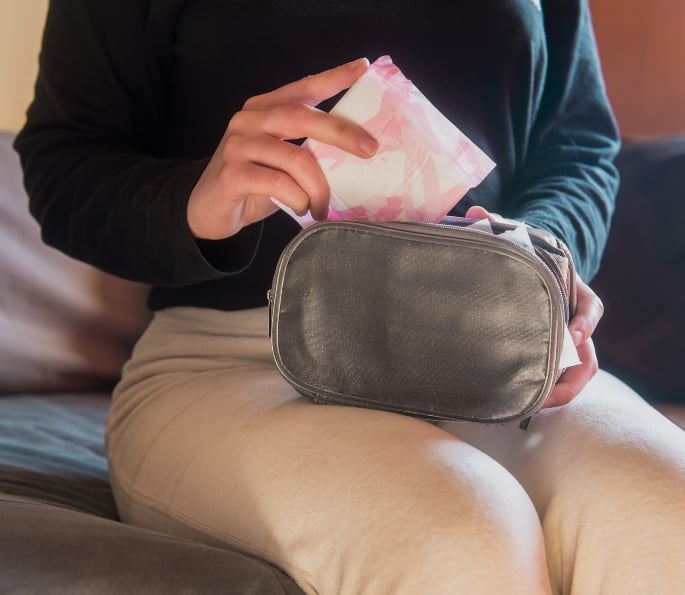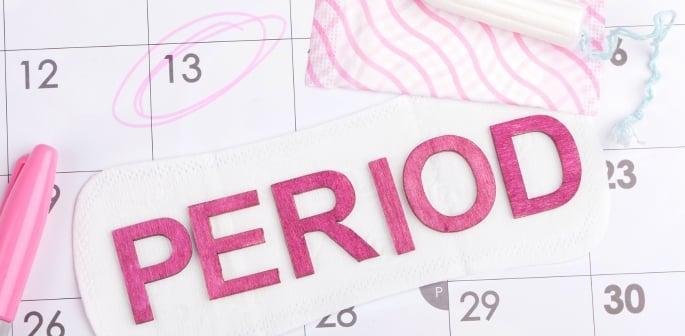Secrecy should never come at the cost of your well-being.
In many South Asian homes, menstruation is not openly discussed.
This silence can leave young girls confused and ashamed of their natural bodily functions.
The stigma is not unique to South Asia either.
In the United States, over half of women report feeling ashamed of their period.
Meanwhile, more than half of men feel it’s inappropriate to even mention periods at work.
This discomfort extends to the UK, where around 26% of women have experienced some form of period shaming.
For many, the fear of judgment comes from within their household, especially from male family members.
It creates an environment where managing menstruation becomes a secretive and emotionally taxing experience.
Living Under Myths and Misconceptions
 The period taboo thrives on misinformation, and unfortunately, myths continue to circulate in many communities.
The period taboo thrives on misinformation, and unfortunately, myths continue to circulate in many communities.
Some families still believe menstruating women should not visit religious places or cook food.
Globally, around 37% of boys think periods should be kept secret, reinforcing the idea that menstruation is something to be hidden.
The words “dirty” and “disgusting” are still associated with periods, especially by young men.
In the UK, nearly 70% of schoolgirls avoid going to the toilet during lessons due to embarrassment.
These cultural beliefs push menstruating girls to isolate themselves from everyday activities, deepening the feeling that their period is something shameful rather than normal.
Why Period Tracking Matters
 Tracking your period can be empowering, especially when the topic is off-limits at home.
Tracking your period can be empowering, especially when the topic is off-limits at home.
It helps you understand your cycle, anticipate symptoms, and plan around your flow.
More than 50 million women across the world use period or fertility tracking apps.
In the UK, around one in three women have turned to these tools.
Whether the goal is to avoid pregnancy, monitor health conditions, or log symptoms like cramps and fatigue, the benefits are undeniable.
Popular apps like Clue, Flo, and Period Tracker have each been downloaded millions of times.
Users often report feeling more in control and informed about their menstrual health.
Staying Private in a Taboo Environment
 For many girls in South Asian households, tracking periods becomes a secret activity.
For many girls in South Asian households, tracking periods becomes a secret activity.
Some hide their apps in folders or use password-protected entries to avoid discovery.
Others mask period products in zipped bags or inside other containers to keep them out of sight.
The secrecy is a direct result of household attitudes.
Around 14% of girls in the UK had no idea what was happening to them when they got their first period.
A further 26% didn’t know how to manage it.
This lack of knowledge and open discussion at home fuels anxiety, leaving girls to navigate menstruation without support or clarity.
Overcoming Barriers, One Cycle at a Time
 It may not be easy to talk about periods at home, but there are still ways to protect your health.
It may not be easy to talk about periods at home, but there are still ways to protect your health.
Starting by understanding your own body is a powerful first step.
Tracking apps can help you spot irregularities, patterns, or signs that may need medical attention.
Despite the silence at home, online communities and digital tools can offer safe spaces for information and solidarity.
By using technology, you take back control in an environment that may try to silence your experience.
It is a quiet form of resistance, one that prioritises your health, confidence, and future.
The stigma around menstruation is deeply ingrained, especially in many South Asian households.
But secrecy should never come at the cost of your well-being.
Tracking your period privately may feel necessary, but it’s also an act of self-care.
By learning about your cycle, you reclaim agency in a space that denies you open conversation.
Even when change at home feels impossible, knowledge gives you the power to advocate for yourself.
The more you understand your body, the more confidently you can face the silence with strength and purpose.






























































